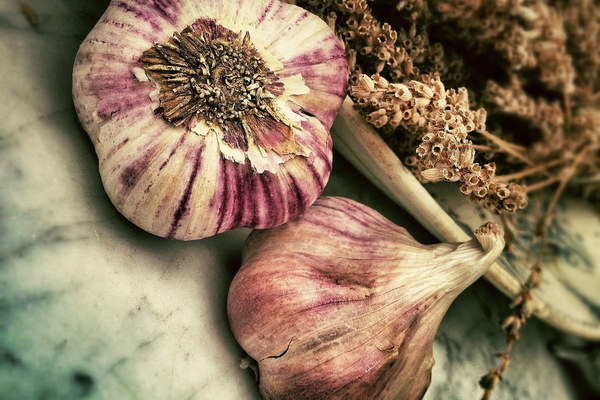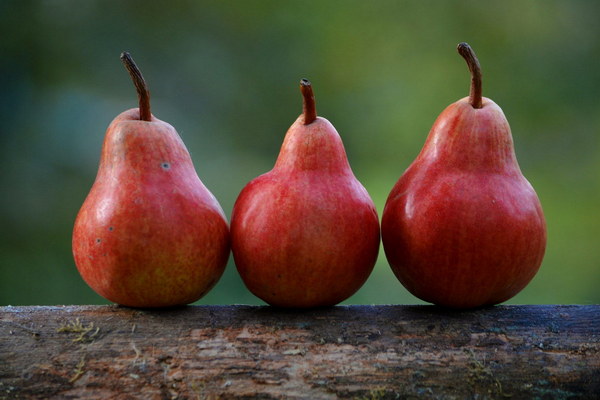Nourishing Your Lungs Top Vegetables for Lung Health and Detoxification
Nourishing Your Lungs: Top Vegetables for Lung Health and Detoxification
In the hustle and bustle of modern life, it's easy to overlook the importance of taking care of our lungs. The air we breathe is often laden with pollutants, and our lungs are tirelessly working to filter out harmful substances. To support this vital organ, incorporating certain vegetables into your diet can be a game-changer. Not only do these vegetables provide essential nutrients, but they also help in detoxifying and nourishing the lungs. Here's a guide to some of the best vegetables that can help keep your lungs healthy.
1. Broccoli
Broccoli is a powerhouse of nutrients and is known for its detoxifying properties. It contains high levels of sulforaphane, a compound that has been shown to reduce inflammation and help in the elimination of toxins from the body. The cruciferous vegetable also contains vitamin C and beta-carotene, both of which are essential for lung health.
2. Carrots
Rich in beta-carotene, carrots are a fantastic source of antioxidants. This nutrient converts into vitamin A in the body, which helps in the repair of lung tissues and maintains the integrity of the respiratory system. The high vitamin A content also supports the immune system, making it easier for your lungs to fight off infections.
3. Spinach
Spinach is not just a leafy green that boosts your iron levels; it's also a great lung protector. It's packed with vitamin C, vitamin K, and antioxidants that can help reduce oxidative stress in the lungs. The chlorophyll in spinach also aids in the detoxification process, helping to purify the blood and, consequently, the lungs.
4. Garlic
Garlic has long been recognized for its immune-boosting properties. It contains allicin, a compound that has antibacterial and antiviral properties. Garlic can help in fighting off respiratory infections and may even reduce the severity of asthma attacks. Incorporating garlic into your diet can be as simple as adding it to your salads, sandwiches, or soups.
5. Beets
Beets are another vegetable that can support lung health. They are rich in betalains, which have anti-inflammatory properties. Beets can help in reducing inflammation in the lungs and improving respiratory function. The natural nitrates in beets can also help relax the muscles in the airways, making breathing easier.
6. Celery
Celery contains a high water content, making it excellent for hydration, which is crucial for maintaining healthy lungs. It also contains compounds that can help in reducing respiratory inflammation and may even help in the elimination of toxins. Celery can be added to juices, salads, or eaten raw as a snack.
7. Sweet Potatoes
Sweet potatoes are a rich source of beta-carotene and vitamin C, both of which are important for lung health. The beta-carotene helps in the repair of lung tissues, while vitamin C acts as an antioxidant, protecting the lungs from oxidative stress. Sweet potatoes can be baked, roasted, or mashed for a nutritious and delicious addition to any meal.
8. Green Beans
Green beans are not only low in calories but also high in vitamin K, vitamin C, and folate. These nutrients contribute to the overall health of the respiratory system. Vitamin K helps in maintaining lung tissue health, while vitamin C and folate are essential for the proper functioning of the immune system.

Incorporating These Vegetables into Your Diet
To maximize the benefits of these lung-healthy vegetables, try to incorporate them into your diet in a variety of ways. Steam them, sauté them, or add them to soups and stews. You can also juice them for a quick and nutritious drink. Remember, consistency is key, so aim to include these vegetables in your meals several times a week.
By focusing on these nutritious vegetables, you can help support your lungs and promote overall respiratory health. However, it's important to maintain a balanced diet and lead a healthy lifestyle to ensure the best possible care for your lungs.









